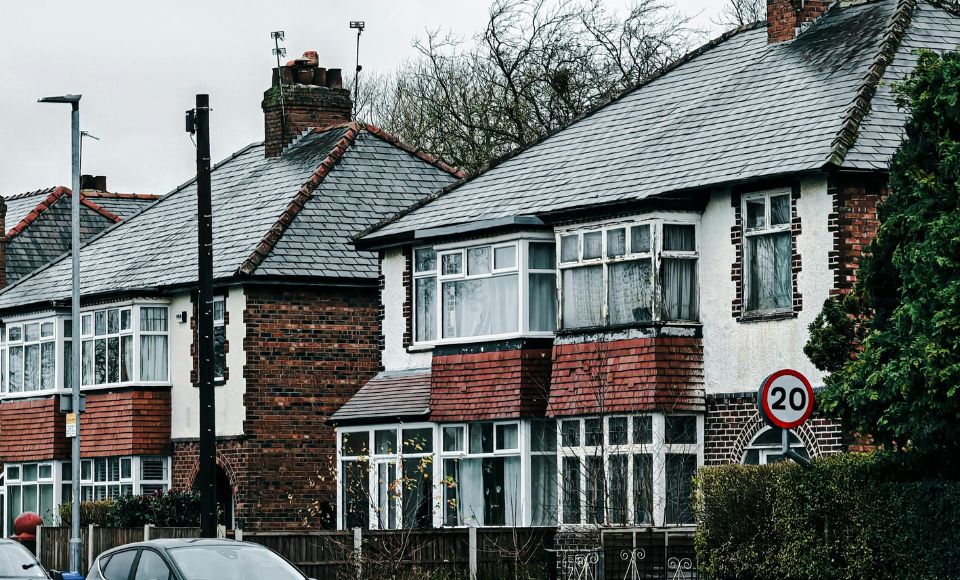General housing policies
Last year, we saw the introduction of the widely discussed bedroom tax. What seems to have been widely ignored by the press, is that this tax only affects social landlords and NOT private landlords. Therefore, whether you agree or disagree with the policy, the impact is likely to be less widespread than the media would have you believe. What is likely to have much more of an impact however is the introduction of universal credit and the benefit cap.
What is the benefit cap?
One of the many reforms under the current government manifests itself in the form of a benefit cap. All those who receive over £2000 per calendar month in benefit will no longer be entitled to housing benefit on top of their existing benefits, or rather, their housing benefit will be cut to a measly 50p per week as was the case with a tenancy I was managing recently! They will be expected to manage their finances and to budget sufficiently in order to pay their rent out of this money.
Who does it affect?
The benefit cap therefore primarily affects larger families as they are the recipients of the highest levels of benefit. Consequently, landlords and tenants of 4-bedroom properties are particularly exposed.
What are the likely effects?
In theory, I think we all agree that limiting the amount that one person can receive from the state to £2000 per month is a good idea, especially considering the amount of people in full time employment that earn considerably less than that!
The idea of allowing people to manage their own finances in theory, is an honourable one, however many of these tenants have no real experience of budgeting in this way meaning that the reality is likely to be a stark contrast from the idyllic vision of the policy makers. If their budgeting fails, the landlord will inevitably be faced with (substantial!) arrears. These arrears are likely to escalate and culminate in eviction. This will mean that there is a sudden rise in the number of families requiring 4-bedroom properties. This will also be accompanied by a drastic fall in the number of investors willing to purchase 4-bedroom properties for investment purposes.
Is it a good idea?
Only time will tell whether the policy will be successful. A lot will depend upon how much budgeting support tenants receive. Personally, I have my reservations, and these are largely based upon basic economic principles. The above paragraph outlines that there is likely to be a coincidental expansion of demand and contraction of supply in the market for four-bedroom properties. If this does happen, there is a real possibility of increased levels of homelessness for all tenants involved.
So, where does this leave Landlords?
If you currently own a four-bedroom house, you have a few options available to you:
Firstly, I’d recommend taking out rent guarantee with a company who caters for LHA tenancies. There are a few companies that we work extensively with who may be able to help you further.
Secondly, consider the three-bedroom rate. Obviously, the yield is lower than it would be with a tenant on the 4-bedroom rate however the rent is more secure. This is obviously something that you need to consider if you are about to purchase a four-bedroom property too.
Finally, there is the option of converting your property into a HMO. Don’t be under any illusions about the work, or the cost, associated with this in order to be compliant with current legislation. This is something that our maintenance and investment teams could talk you through if need be. It could be though that the initial expense may prove to be a sound investment in the long run.



